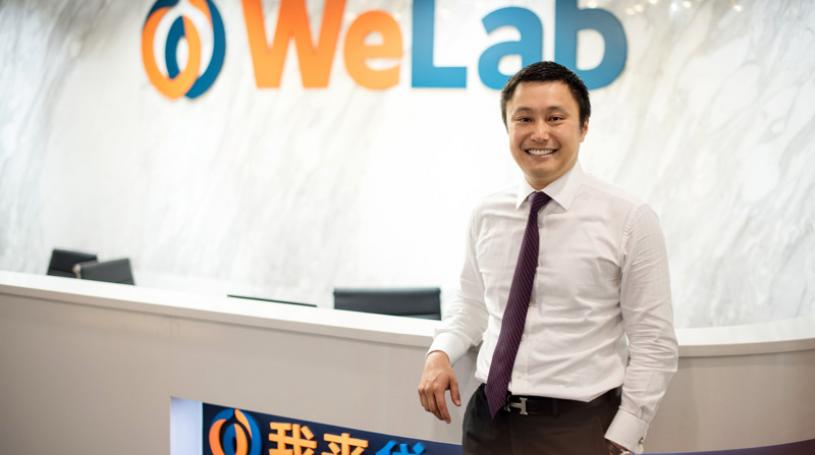Hong Kong based Fintech Company WeLab ranks 11th on CNBC Disruptor List

Hong Kong based Fintech company WeLab has been ranked 11th on the CNBC list of 50 private companies at the epicenter of a changing world, poised to emerge from the pandemic as the next generation of billion-dollar businesses.
WeLab, a seven-year-old fintech company, is one of the first virtual banks established in Hong Kong and now operates in three markets — Hong Kong, mainland China and Indonesia. It has 42 million individual users and 300 enterprise customers.
WeLab’s CEO, Simon Loong, co-founded the company after finishing his master’s degree at Stanford University in 2012. He had already spent the prior 15 years in banking on the risk management side but was noticing the rise of fintech around the world. He believed that if technology could be combined with the best of what banking had accumulated in risk and portfolio management, along with their experiences from years of credit and financial crises, he had a winning strategy for a new company.
Today WeLab offers customers a full-service, branchless bank that allows them to open a bank account in a matter of minutes, all from their mobile phone. Last year the company launched a new virtual credit card that lets users get instant credit approval within the app. This lets customers use the app for spending without having to go to a bank and apply for a credit card. On the enterprise side, WeLab is partnering with more than 300 financial institutions in Asia to help them better serve their customers. For example, it recently created a custom-designed integrated mobile lending solution for one of China’s leading banks so that its 500 million customers could access credit online.
The company has raised $580 million in funding, including a $156 million round in December from investors such as Alibaba Hong Kong Entrepreneurs Fund and China Construction Bank.
Like nearly every company in Asia, WeLab quickly sent employees home after the outbreak of the coronavirus pandemic and says it was operating at 95% capacity after just three days. The company also launched a tech-driven initiative that helped distribute government stimulus payments more quickly to residents in Hong Kong.
